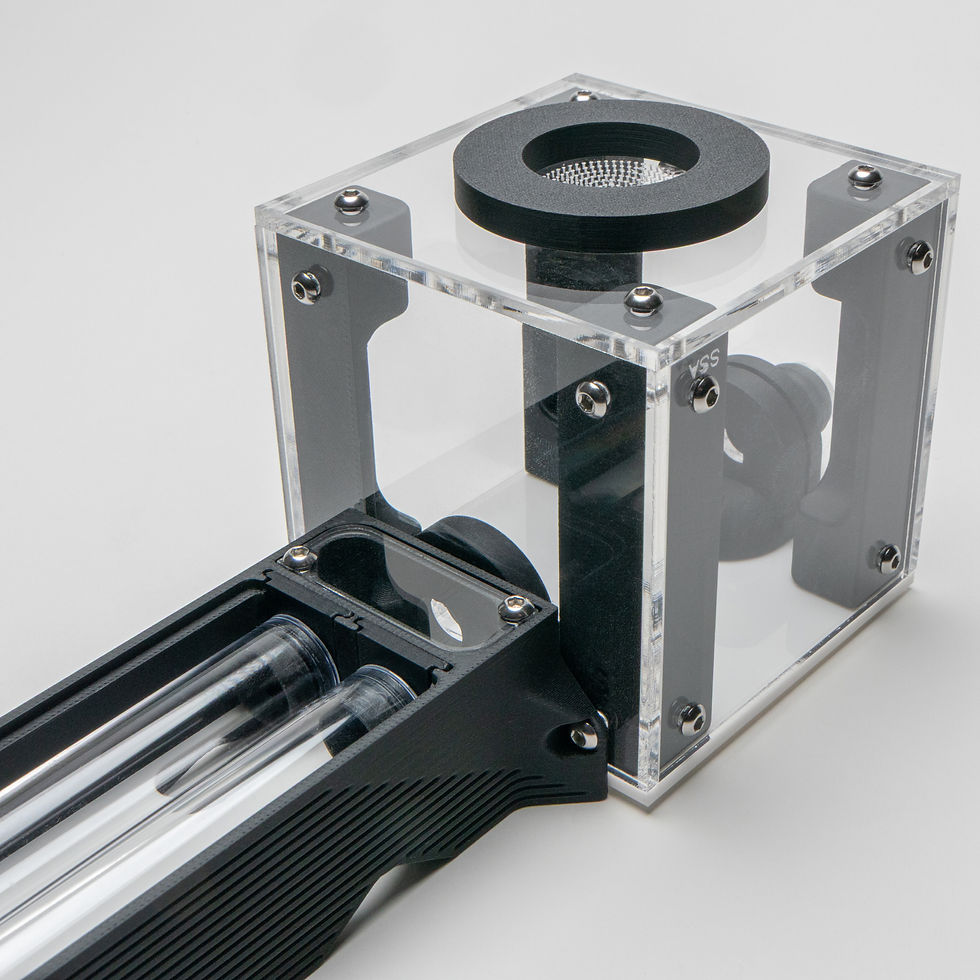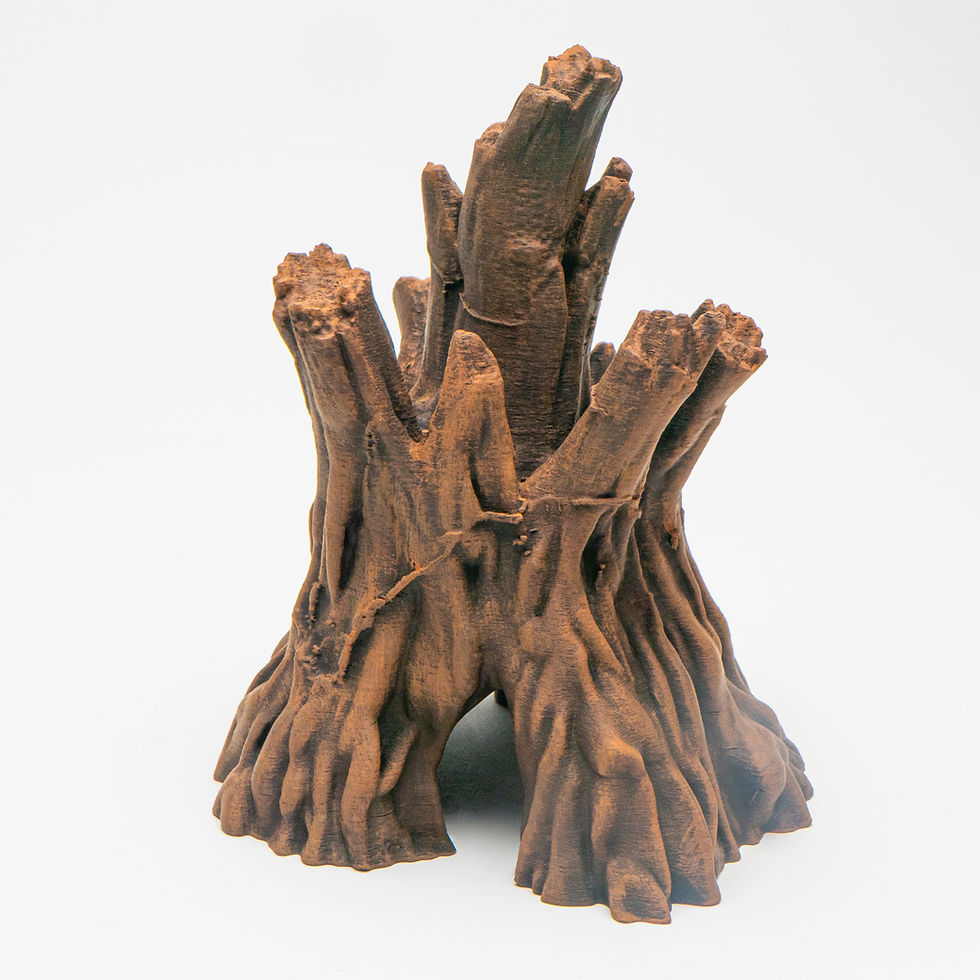Proformica nasuta is a small but fascinating ant species native to southern Europe, particularly in dry, open areas such as rocky grasslands and sun-exposed slopes in Spain and France. Although lesser-known than many other species, Proformica nasuta displays a highly specialized behavior that sets it apart—certain workers act as living food reservoirs, similar to the more famous honeypot ants. Due to this adaptation, the species has earned the nickname "false honeypot ant."
Proformica nasuta
In nature, Proformica nasuta colonies are typically small to medium in size and inhabit arid, mountainous terrain where food and water can be scarce. To overcome this, some of the workers become repletes—individuals that consume and store large amounts of liquid food in their swollen abdomens. These repletes hang motionless in the nest, acting as living storage tanks. When needed, they share their stored liquids with other ants through trophallaxis (mouth-to-mouth feeding). This clever adaptation helps the colony survive dry periods or sudden scarcity.
Though they are not closely related to true honeypot ants like Myrmecocystus, the similarity in behavior is an example of convergent evolution. Colonies are monogynous and develop slowly under dry and warm conditions.




































